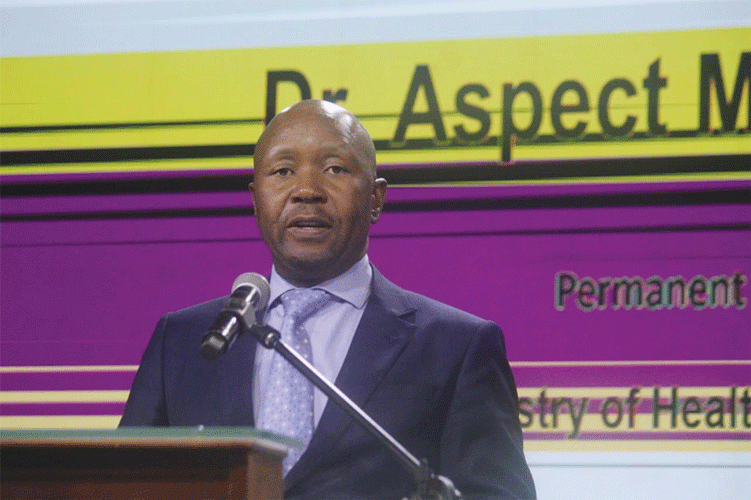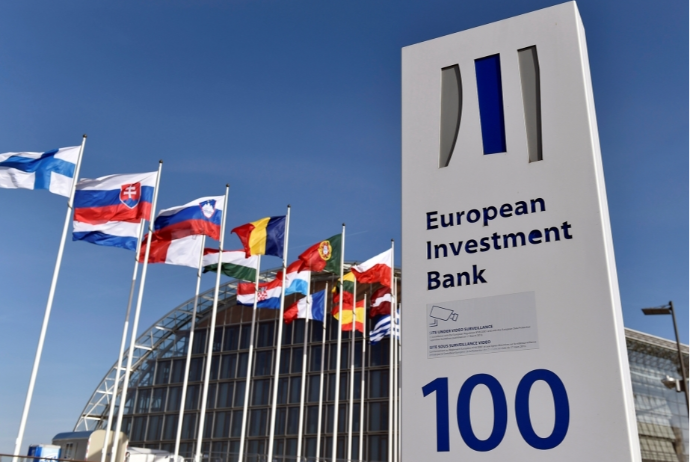
BY BUSINESS REPORTER
RESEARCHERS at the Zimbabwe Stock Exchange-listed seed producer, Seed Co, scaled up efforts to find a solution to the armyworm menace during the half year ended September 30, 2021, the firm said, while unveiling several projects under consideration.
Armyworm has recently emerged as the biggest threat to farming in Zimbabwe, where it destroys a wide variety of crops on a large scale, leading to massive losses by farmers.
Seed Co chief executive Morgan Nzwere said in a commentary to the firm’s results that the plan was to develop crops that could withstand the armyworm.
“Scientists’ effort to develop a solution to fall armyworm tolerant germplasm continues unabated,” Nzwere said.
“Progress is being made on breeding of new sugar and soya bean varieties. The molecular laboratory is now being fully utilised in assisting in breeding efforts.
The group’s field seed stock quantities delivered by growers were negatively affected by unfavourable weather at the tail end of the production season. In addition, the vegetable seed supply chain was disrupted by COVID-19-related logistical constraints. Inspite of these challenges, the group has sufficient stock to satisfy projected demand,” added Nzwere.
He said the Reserve Bank of Zimbabwe’s October 28 decision to hike it’s policy rate would exert fresh pressure on an industry that is already struggling to navigate spiralling overheads.
- Chamisa under fire over US$120K donation
- Mavhunga puts DeMbare into Chibuku quarterfinals
- Pension funds bet on Cabora Bassa oilfields
- Councils defy govt fire tender directive
Keep Reading
The central bank increased the policy rate to 60% in October after keeping it at 40% most of this year.
Seed Co Limited raised the red flag after inflation adjusted finance costs charged to $318 million during the period.
This figure was at $161 million during the comparable period in 2020, and became one of the driving factors behind Seed Co’s surprise $1,9 billion loss during the review period.
“The significant disparity between the official exchange rate which is the benchmark of the company’s selling prices and the parallel exchange rate which is the benchmark of most of the company’s operating costs, including the cost of raw seed from growers, has put significant stress on margins and business model viability,” Nzwere said.
“This mismatch is now further compounded by the increase in finance costs following the policy rate hike from 40% to 60% by the Reserve Bank of Zimbabwe announced on 28 October 2021.
“While the board and management are alive to the structural challenges, there is little headroom to invoke strategies to mitigate the adverse impact of these largely exogenous economic headwinds,” Seed Co CEO said.
- Follow us on Twitter @NewsDayZimbabwe











